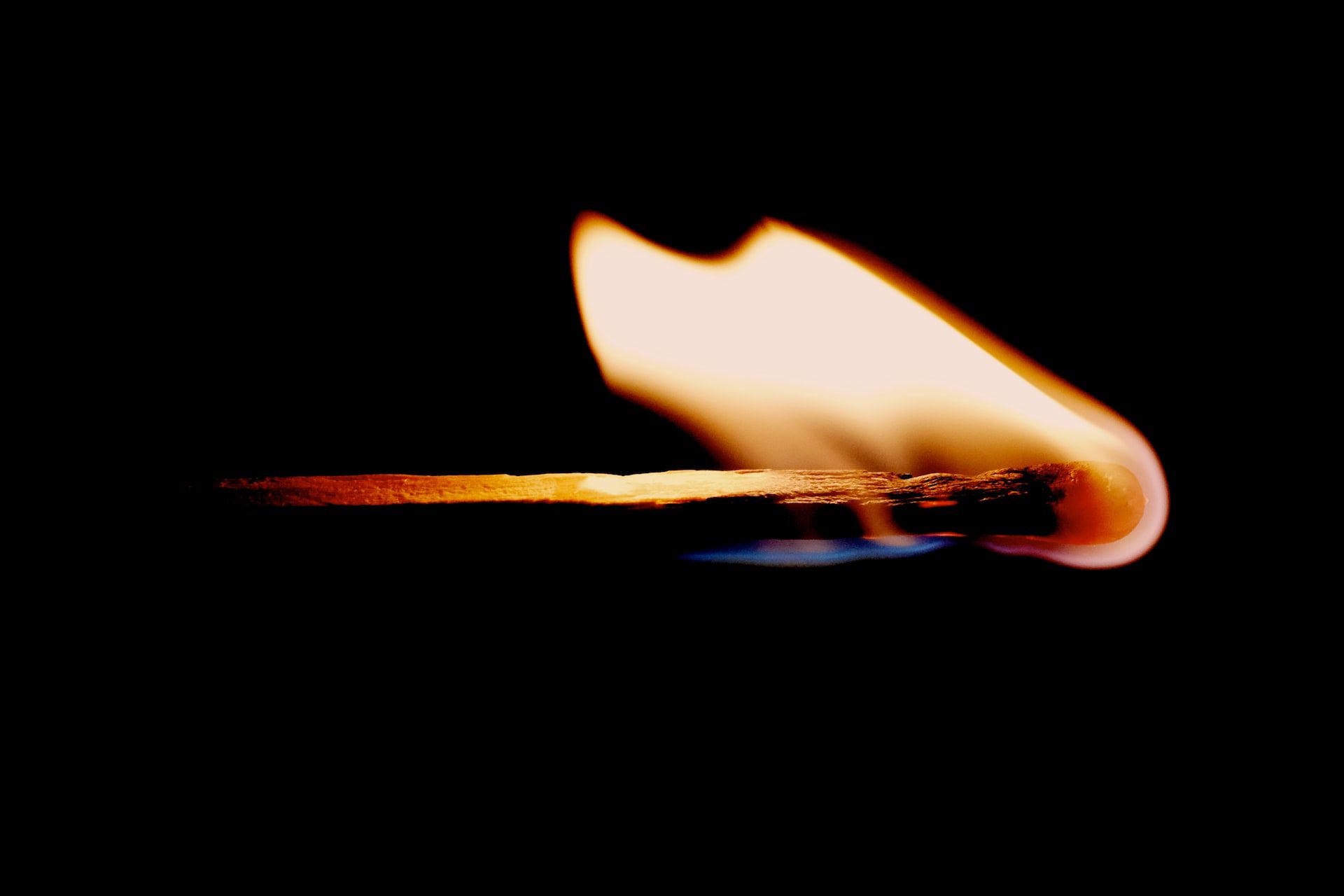What Is Fire Insurance?
Fire insurance is a type of property insurance that covers losses and damage brought on by fire.
Most policies already include some fire protection. It is advisable to have supplemental fire coverage to replace, repair, or rebuild property at a cost above the property insurance policy’s cap.
Generally, generic exclusions like those for nuclear threats, war, and related calamities are included in fire insurance plans.
How Fire Insurance Works
With a fire insurance cover, if there’s a fire outbreak on the insured property, the policyholder can file a claim (i.e. request for reimbursement) to get reimbursed for the damages caused by fire. In some cases, the insurer could send a representative to inspect the damages. Injury sustained while on the premises may also be covered by policies.
Some other policies like a homeowner or householder insurance also cover damages caused by fire to a certain extent but not as fully as a stand-alone fire insurance policy.
The policy pays the insured back for damages on either an actual cash value (ACV) basis or a replacement-cost basis.
Each year, the policyholder should check the home’s worth to see if the coverage has to be increased. A policyholder can only buy insurance for a home’s actual value. Insurance companies may provide stand-alone plans for rare, valuable, and irreplaceable goods that are not otherwise protected by ordinary fire insurance.
What Is Covered In A Fire Insurance Policy?
Fire insurance covers a policyholder’s exposure to several fire loss or damage types. These include electrical fires, such as those brought on by defective wiring and gas explosions, as well as those caused by lightning and natural disasters.
A standard fire policy provides insurance coverage against the following:
- Fire: limited by the exclusions stated in the policy.
- Lightning: lightning damage from any source, whether accompanied by rain or not, is covered.
- Explosion: restricted to the area of the policy’s designated surface. For instance, explosions caused by gas used for business purposes, such as oxy-acetylene gas for welding, and explosions caused by gas works used for household purposes, such as lighting or heating the building, are not covered.
It is important to remember that the typical fire policy also covers the following losses, even though a fire must be present before coverage is granted. It could also include damage to property brought on by using water or other fire-extinguishing methods.
- Property damage as a result of water or other fire-extinguishing techniques.
- Real estate that could be blown up or destroyed to stop the spread of a fire.
- The fire brigade causes damage to put out or control the fire.
- Property damage caused by crumbling walls or a part of a burning building.
- Smoke damage if the fire was present first. No coverage if there was no fire as defined by the insurance, such as when gas lamps or lanterns malfunction.
Ensure that you check your policy document to see all that is covered, the limits, and the exclusions.
Bottom Line
Your house and personal property are one of the most important investments you can make. You can be protected from financial ruin by getting fire insurance.
Learn more about our Fire Insurance on our website or reach out to us via email at or call 01-2800-700 for more information on how to get fire insurance on your private or business properties.












